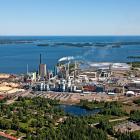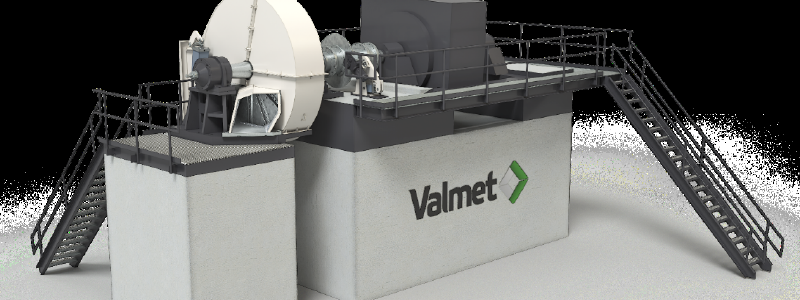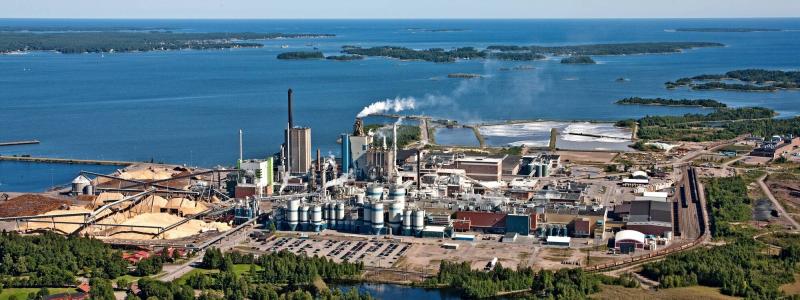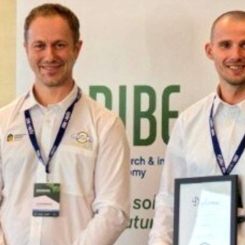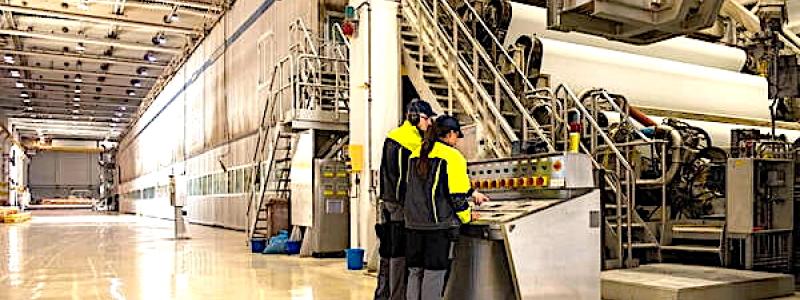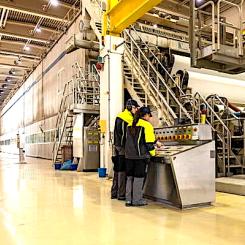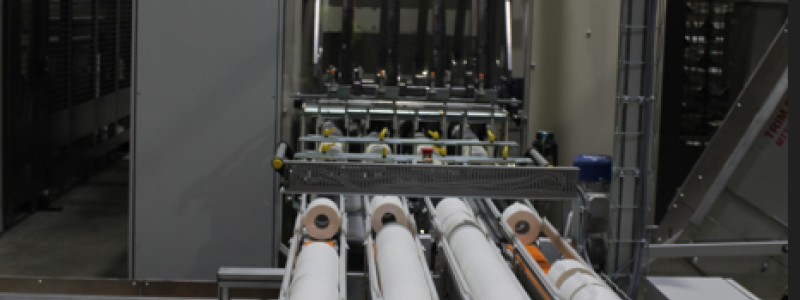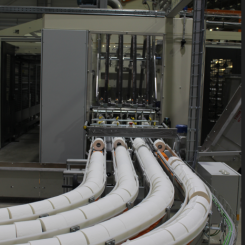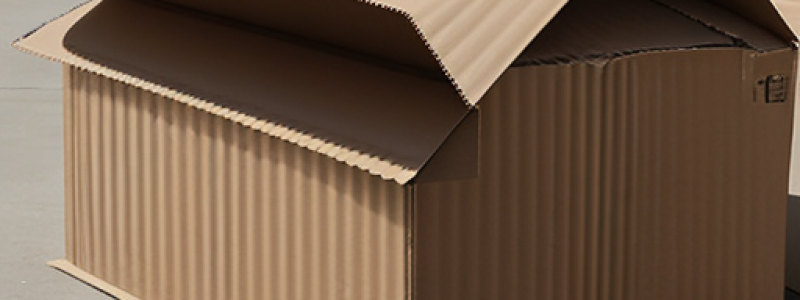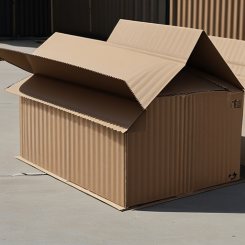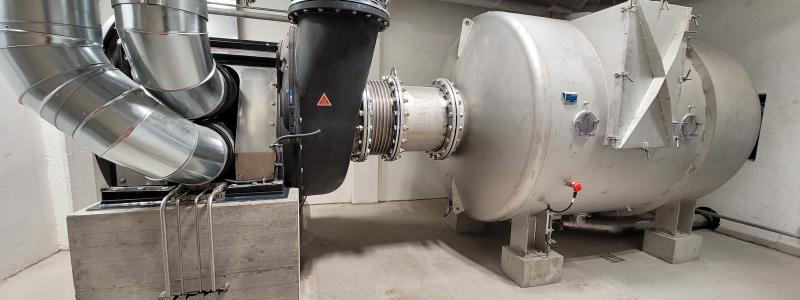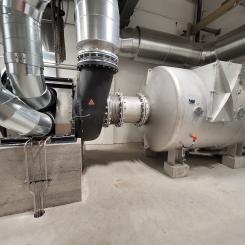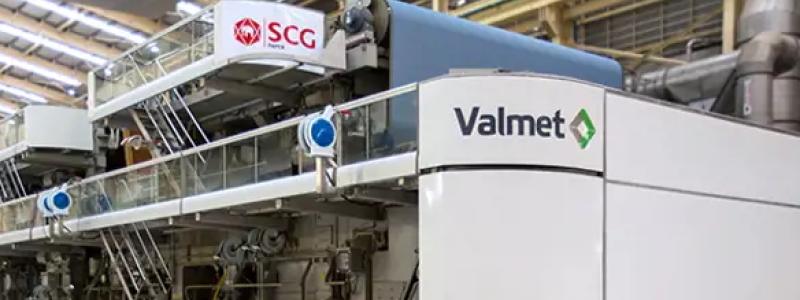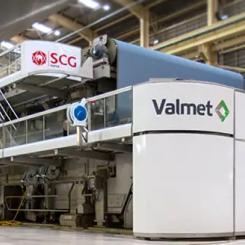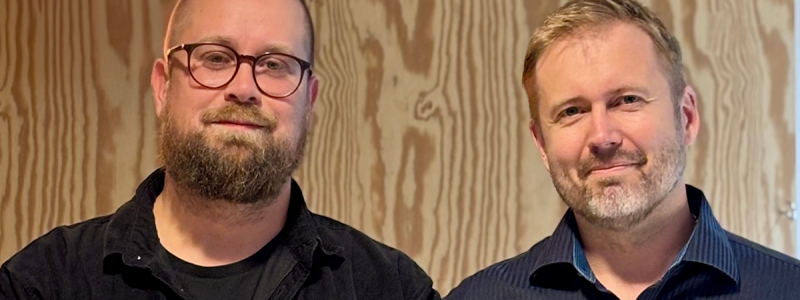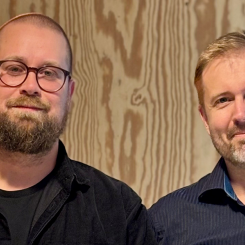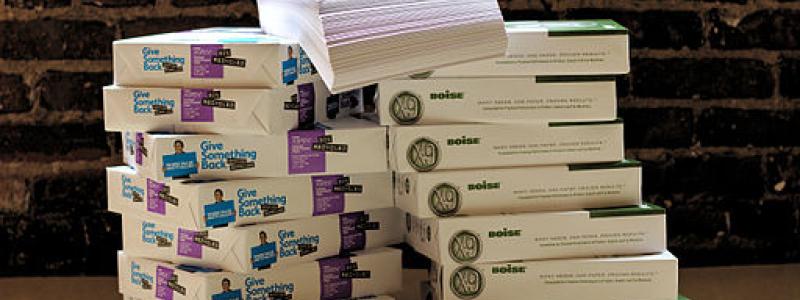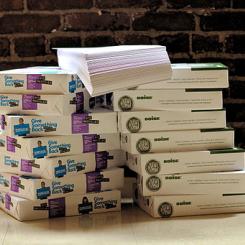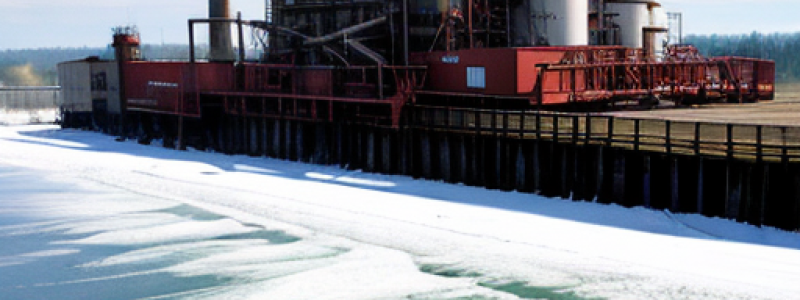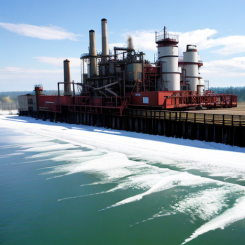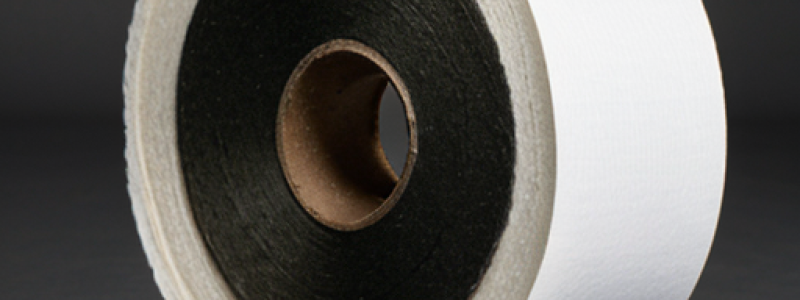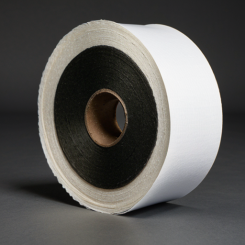The United Nations General Assembly declared 2011 as the International Year of Forests to raise awareness on sustainable management, conservation and sustainable development of all types of forests. Moreover March 21 is World Forest Day. As Europe’s largest private forest owner SCA forest activities support the agenda of the UN’s International Year of the Forest in many ways.
With 2.6 million hectares of forest SCA has high ambitions to pursue profitable and responsible forestry activities while continuing to show consideration for nature.
For instance, the Group’s forest management is certified in accordance with the Forest Stewardship Council’s (FSC) standard, which is the strictest international forest management standard.
Of SCA's forests used for active forestry, the company's ecological landscape plans exclude more than 5% from felling. In addition, more than 5% of the forest, in the form of trees, groups of trees and edge zones, is left untouched during felling to preserve the necessary conditions for biodiversity.
One example of this is the conservation of storm resistant pines to create the necessary nesting conditions for large birds of prey, such as golden eagles. Another example is that high stumps are left or recreated to provide longterm animal habitats.
For more than 50 years, SCA has conducted regular forest inventories, which are used as supporting data for calculating the forest’s longterm sustainable yield and planning the company’s long-term forest management. These yield calculations extend more than 100 years into the future.
The longterm harvesting plan for SCA’s forests was updated in 2007. The inventories showed that the company’s current harvesting levels are sustainable.
SCA engages in extensive production of forest plants, producing about 100 million plants each year. Some 35 million of these seedlings are planted in SCA’s own forests, while the remaining 65 million are sold.
SCA’s forest management is, since 1999, certified in accordance with FSC, which requires that SCA must manage its own forests in accordance with strict principles. The success of this work was confirmed by the FSC audit in October 2010.
Growth in SCA’s forests is 20% higher than the volume harvested, which means that a net amount of about 2.6 million tonnes of carbon dioxide is absorbed annually. This corresponds to the total amount of carbon emissions from fossil fuel generated by all of the Group’s production facilities.
If half of the earth’s forestland were managed in the same manner, the amount of fossil carbon dioxide absorbed in a growing forest would be sufficient to offset the use of fossil fuels.


